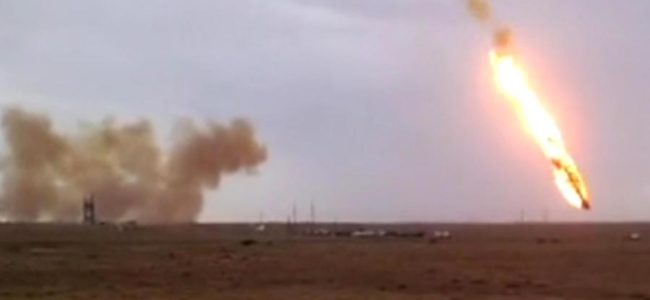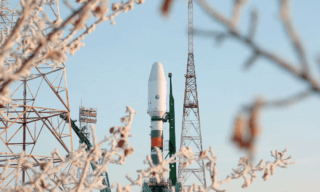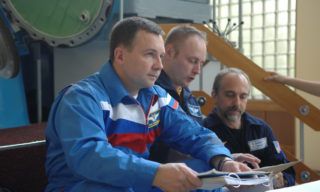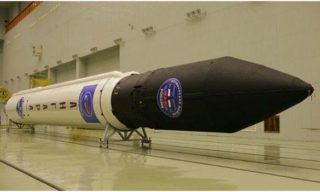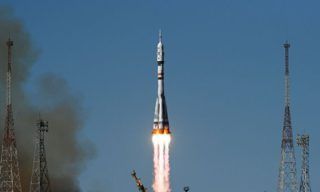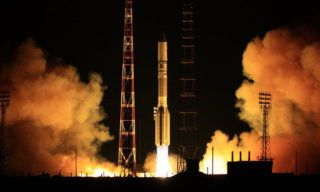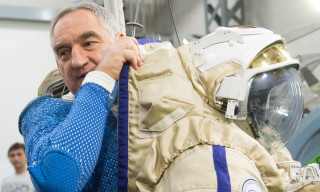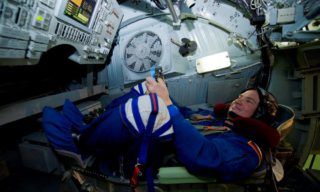A wide range of problems could cause Proton-M crash with misadjusted angular-rate sensors being just a part of this range, – rocket and space industry expert reported to RIA-NOVOSTI commenting the results of Proton crash investigation by Roscosmos.
Earlier on Thursday Roscosmos Deputy Head Alexander Lopatin heading Accident Board investigating Proton-M crash causes revealed Board’s conclusions. Misadjusted angular-rate sensors were determined to be the cause of the crash.
One of the problems revealed was misadjustment of angular-rate sensors. But there still remain serious questions allowing us to suppose that there was a wide range of problems leading to the crash. It remains unknown why Proton got off the pad 0,4 second earlier. The engine has its time history which is strongly time-bound. Either specialist preparing time history made a mistake or there was a failure in device implementing time history”, – the expert stated. – One more question we still cannot answer is whether where was propulsion system failure or not”, – he added.
“The booster is being checked both at the plant, at the technical area and at the launch pad. I wonder why such mistake as angular-rate sensors misadjustment wasn’t discovered during numerous tests. Either the tests were carried our improperly or those writing test regulations made a mistake, – the expert added. He also pointed out that “if such defect wasn’t discovered in the course of numerous tests it is necessary to tighten control over Zenit boosters’ construction, as its Zenit booster control system is similar to those of Proton-M”.




